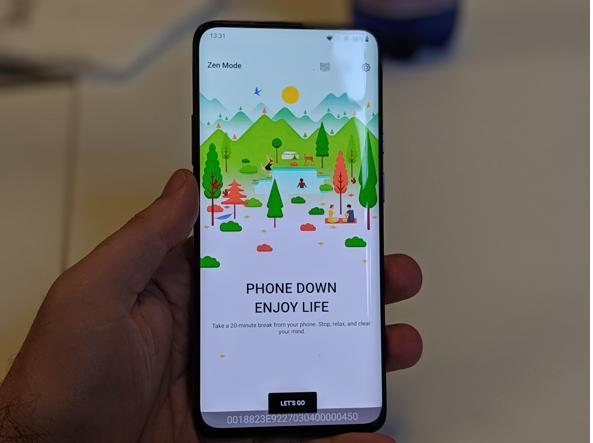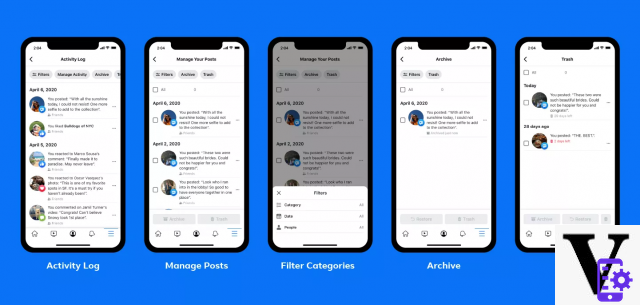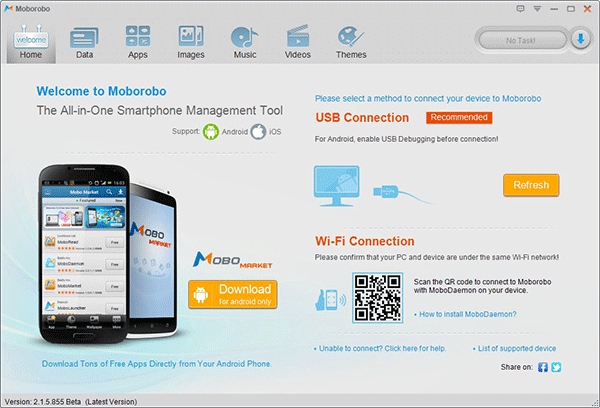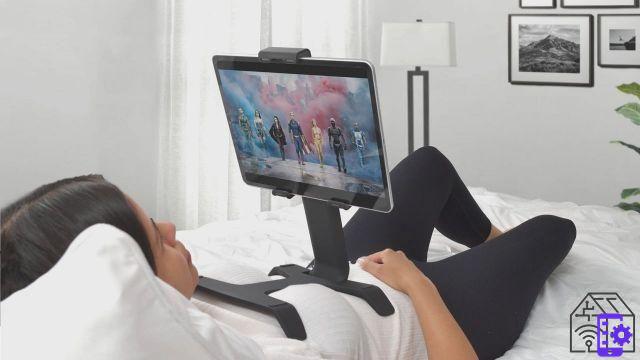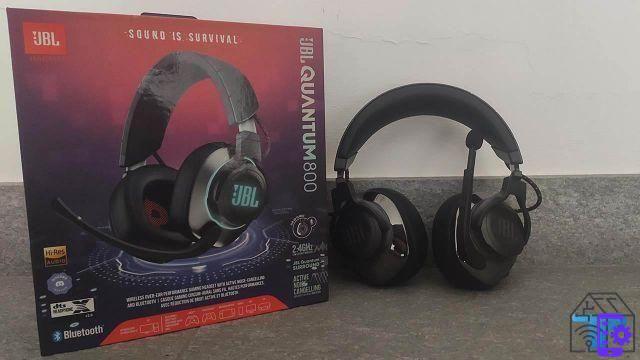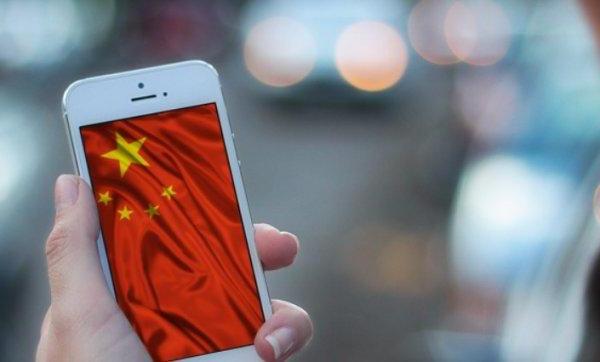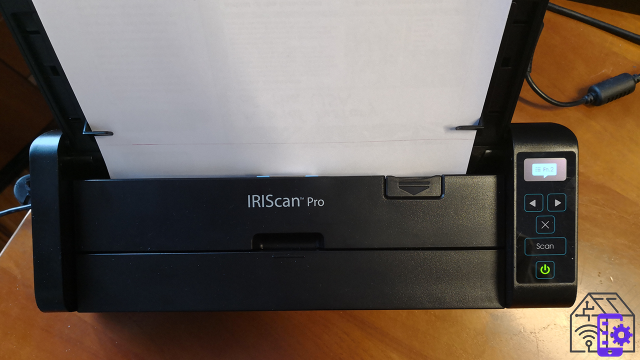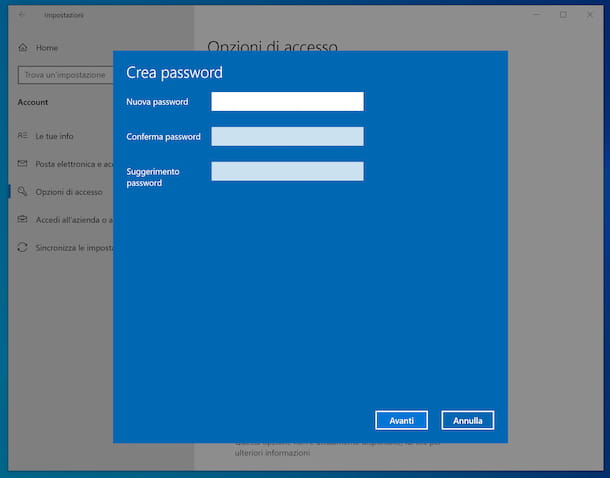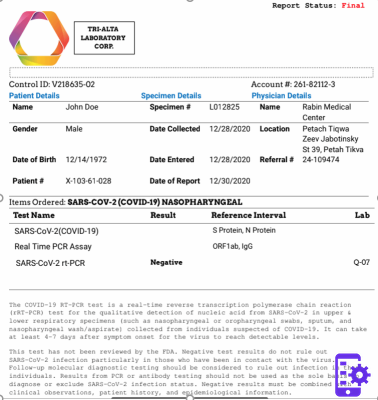Here are 5 reasons
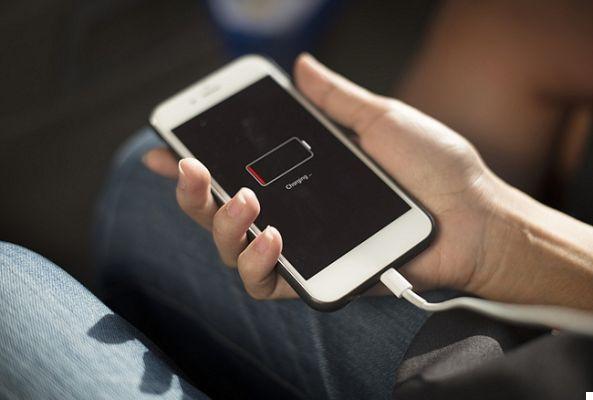





Most people use it smartphone throughout the day. The problem is that, however, even with limited use, there are few mobile phones able to accompany you until midnight on a single charge without running out.
With the price of the top-of-the-range models that easily reaches the thousand euros, one would be led to think that the manufacturers would have found ways to make the smartphone last without problems all day.
Unfortunately, most phones are equipped with battery with capabilities identical to those of previous models.

Here are the reasons why the battery of your mobile phone cannot last a whole day without being put in the socket to recharge.
You can find all the spare batteries for any mobile phone here, at unbeatable prices!
1) The more potent it is, the greater the consumption
Why hasn't battery life improved over time? The very simple answer is that current smartphones consume more energy. Let's take the Samsung Note range as an example. These mobile phones are taken as an example for the exceptional duration of the batteries used. Too bad, however, that very little has changed since the first Galaxy Note was released.
In 2011, Samsung released the Galaxy Note with a 2500 mAh which lasted about a day, obviously depending on the use. The latest version of the mobile, the Galaxy Note 9, has a 4000 mAh. A duration greater than 60% would be expected, but in practice this is not the case.
The Galaxy Note 9 features a much larger, brighter and higher resolution AMOLED screen. In addition, it has a much faster processor, more powerful graphics and more RAM. The big screen is the main suspect of battery consumption.
Also, our cell phones more and more apps are running in the background. And if on the one hand this means that we receive notifications on time and our photos are automatically synchronized to the cloud, on the other hand our devices consume more and more power.
And that's not all: try to add up all the forms of connectivity active in unison at any time of the day, such as 4G, Wi-Fi, Bluetooth and NFC and you will get an idea of how much this can impact on the battery. .
Manufacturers have included several energy saving features. Some devices have modifiable screen resolutions in order to reduce the number of pixels to be displayed. There is no doubt, however, that the more powerful a device, the more energy it absorbs.
2) Thinner and thinner mobile phones
Smartphones, over time, are "losing weight" more and more. The iPhone in 2007 was 11.7mm thick, today (with the XS version) just 7.6.
If mobile phones are thinner, however, there is less and less space inside them for components. And manufacturers are putting in smaller and smaller batteries. There are still mobiles with 5000 mAh batteries, but they are usually thicker and thicker than a typical top-of-the-range model. And with current aesthetic trends, it is unlikely that "big" cell phones will be reintroduced in the short term.
3) Batteries and charging speed
Another reason why the battery lasts so short is because the manufacturers have no interest in improving it.
Today, if you noticed, we focus more on charging speed and wireless charging, rather than focusing on the capacity of the battery itself.
For this reason, instead of providing large capacity batteries, companies can propose devices that improve the charging process. Typical is the case of Apple selling (separately) a fast charging device and battery shells capable of extending the battery life of the iPhone.
4) The deterioration over time
If you've owned a smartphone for more than two years, you already know that lithium-ion batteries wear out over time. Although they are rechargeable, they retain their maximum capacity for a limited number of cycles. Modern batteries last, on average, from one to three years (obviously depending on how they are used).
This was a relative problem in early Android devices. In older cell phones, you could simply detach the back panel and buy a replacement battery from the official manufacturer or a third party.
Today, however, the consumer has to go directly to the manufacturer if he really wants to have a new battery.
5) Battery development lagged behind
Lithium-ion technology, which has been used for decades, is improving, albeit very slowly. This is why even today modern batteries tend to wear out quite quickly. And they depend on size just like the ones that preceded them.
Given the omnipresence of smartphones, and even electric cars and wearables, the push for improvements and potential replacements has been around for years. Who knows, however, when concrete results will come.
Is your mobile phone battery dead now? Buy the new one here at the best prices!
In summary, here are the 5 reasons why your smartphone can't last all day:
1) Modern devices consume energy faster
2) Cell phones are "getting thinner" and have less space for batteries
3) Manufacturers have no interest in supplying larger batteries
4) Lithium-ion batteries wear out over time
5) The technology behind the development of batteries is not up to date









